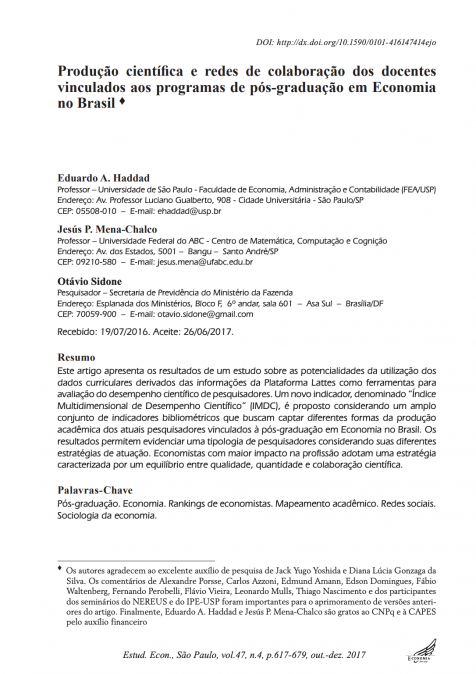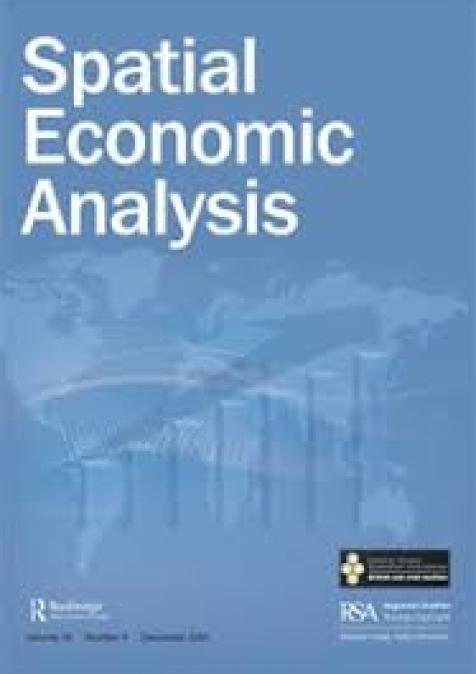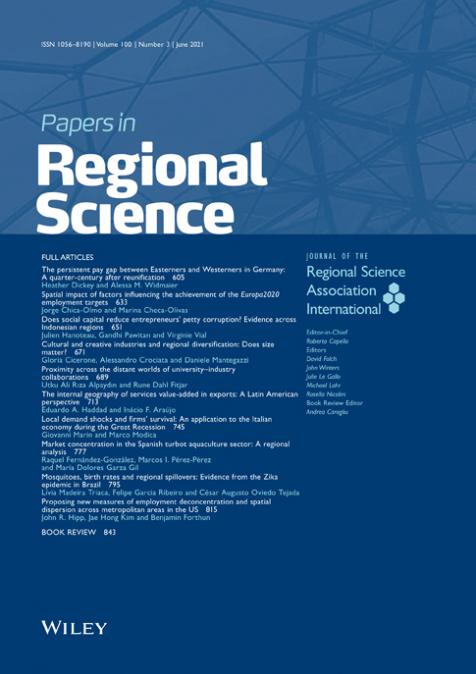Publications /
Paper in Academic Journals
Este artigo apresenta os resultados de um estudo sobre as potencialidades da utilização dos dados curriculares derivados das informações da Plataforma Lattes como ferramentas para avaliação do desempenho científico de pesquisadores. Um novo indicador, denominado "Índice Multidimensional de Desempenho Científico" (IMDC), é proposto considerando um amplo conjunto de indicadores bibliométricos que buscam captar diferentes formas da produção acadêmica dos atuais pesquisadores vinculados à pós-graduação em Economia no Brasil. Os resultados permitem evidenciar uma tipologia de pesquisadores considerando suas diferentes estratégias de atuação. Economistas com maior impacto na profissão adotam uma estratégia caracterizada por um equilíbrio entre qualidade, quantidade e colaboração científica.









